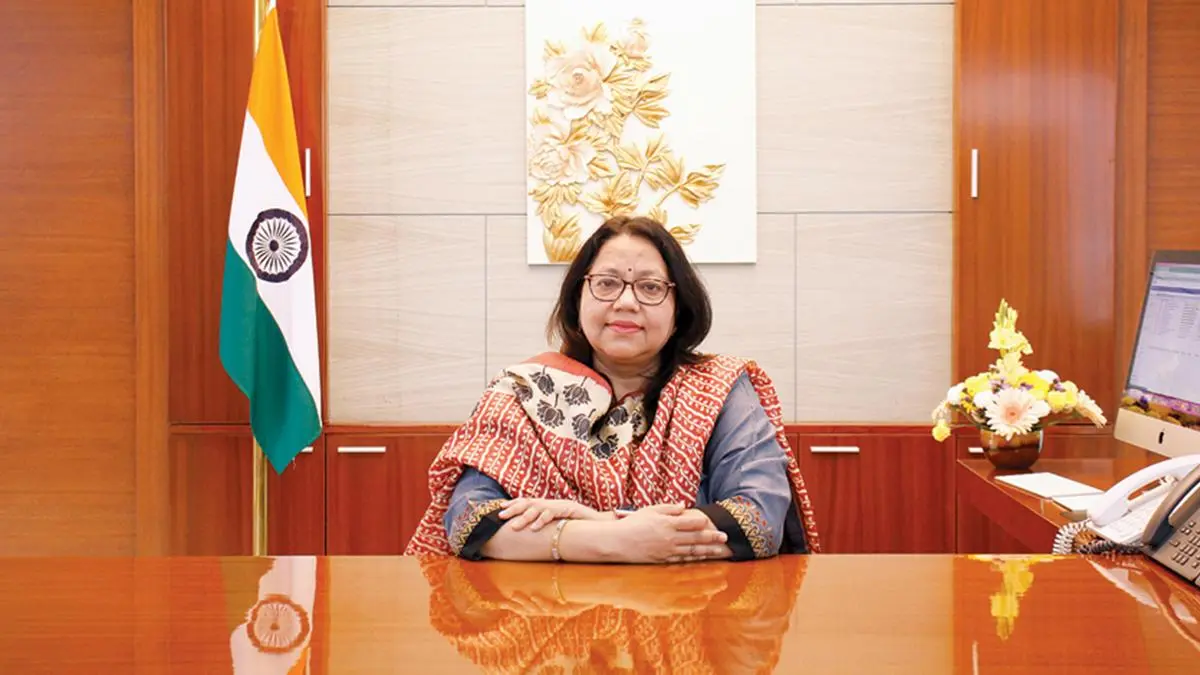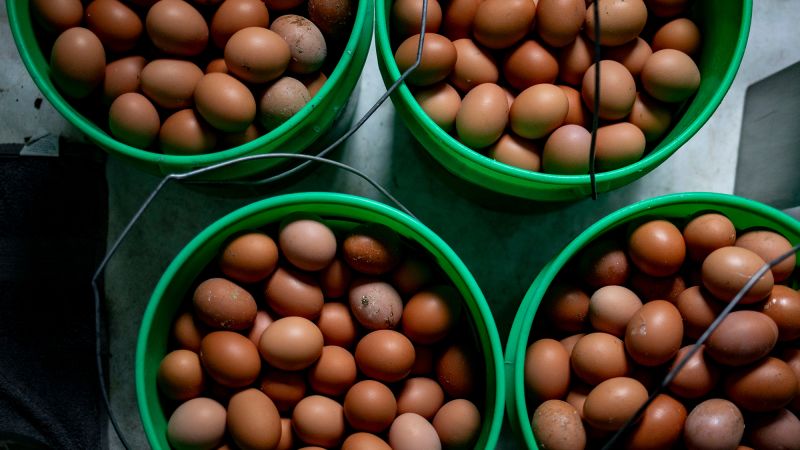
A “well-planned agenda” to propagate analogous dairy products and veganism is being run against the dairy sector, a Government official said on a visit to India’s Milk Capital Anand, on Tuesday. “We face challenges globally. We are also in a phase where the consumer is aware.
But at the same time, people are trying to bring bad quality milk into the market. There has been propaganda and a well-planned agenda to propagate analogous dairy products. Veganism has been spoken about where people -- specially youngsters -- have been influenced to quit milk, quoting lactose intolerance,” said Alka Upadhyaya, Secretary, Animal Husbandry and Dairying, while addressing the inaugural session of ‘The International Committee for Animal Recording (ICAR) and International Dairy Federation (IDF)/ International Organisation for Standardisation (ISO) Analytical Week 2025,’ held at the National Dairy Development Board (NDDB) campus at Anand.

Dairy analogues are non-dairy products that mimic and resemble dairy products and often use plant-based ingredients. These products are widely sold across the country and are often priced much cheaper than their dairy counterparts. “We in India went to school after consuming a glass of milk, and at night we used to have a glass of milk.
No one knew of lactose intolerance. Everybody was very happy with it (consuming milk). There is some kind of propaganda, which is affecting our market.
In these trying times, it is important for us to concentrate on the quality of milk, and to ensure that propaganda does not have any profound impact,” Upadhyaya said at the event, which has drawn more than 100 foreign delegates. She said milk production in India had grown at an impressive seven per cent CAGR (Compounded Annual Growth Rate) in the last 10 years. When asked if a national level campaign was being planned to counter the propaganda surrounding veganism and dairy analogues, she told mediapersons, “Amul is already running a campaign in this regard.
” NDDB Chairman Meenesh Shah said Amul’s “Doodh Doodh” campaign that promoted the consumption of milk, was being revised and tweaked to counter the propaganda through social media and other channels. An unorganised dairy sector and lack of healthier dairy farm management systems were also affecting the quality of milk. “A lot of things are being talked about -- antimicrobial resistance and how it is passed through milk to humans.
I am happy to share that in India, the AMR content has been found to be negligible and almost at par with European standards. But our industry has to tackle this campaign,” she said, adding that the dairying practice in India needs to change by incorporating “better, healthier dairy farm management systems.” Milk Exports & FMD “With so much milk being produced in the country, we need to export.
For this we are creating FMD-free (Foot and Mouth Disease) zones in nine states on a priority basis where disease occurrence has been very low or negligible,” Upadhyaya said, adding that the GoI would create these zones by 2028. These zones are being created in Karnataka, Tamil Nadu, Andhra Pradesh, Telangana, Uttarakhand, Punjab, Haryana, Maharashtra and Gujarat. “India leads the largest animal vaccination programme.
As a country, we are striving to become FMD-free. We have done about 110 crore doses of FMD vaccinations till date. We are working towards curbing disease episodes in animals.
We have been able to control FMD in a big way,” she added. The three-day ICAR annual conference at NDDB will deliberate on topics such as data collection for genetic improvement in small-holder dairy systems, advancing climate smart livestock technology to enhance animal health and resilience, farmer prosperity and food, analytical standards in support of a better and safer dairy chain, milk analysis supporting livestock and dairy production, and breeding for lower methane emission, among others. Comments.















